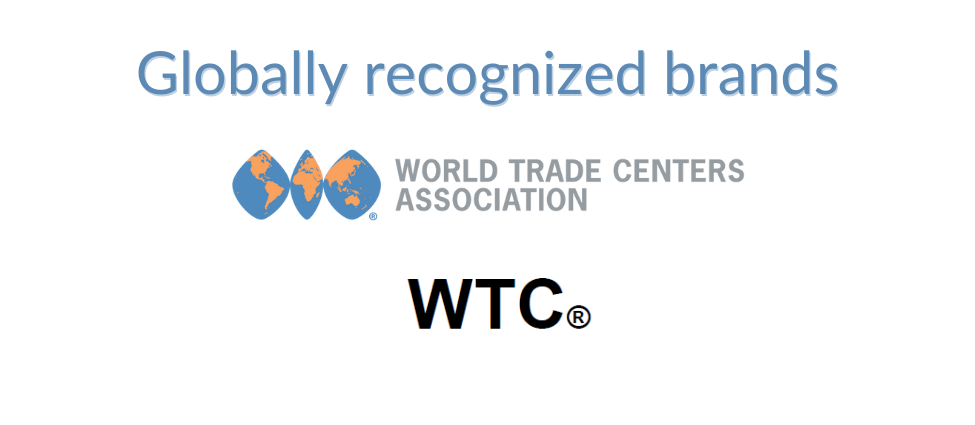

The U.S. International Development Finance Corp.

As the Chairman of the World Trade Center Indianapolis and in my previous service in federal and state government, I have worked with many business leaders. I’ve noted that when American businesses look to expand, they don’t always look as far as Sub-Saharan Africa or Southeast Asia but there are many reasons why I believe that they should. These markets have a great need for investment in infrastructure, healthcare, and technology, and offer significant potential for innovative businesses.
Not only are the vast majority of the world’s consumers located outside of the United States but many of the world’s fastest-growing economies such as India, Vietnam, and Rwanda, are developing economies. Several of these countries have also committed to improving business climates to attract more investment to serve the needs of their growing, increasingly urban populations.
The U.S. International Development Finance Corporation (DFC) is a U.S. Government agency that works to support private investors in these markets by providing financial tools and products to address the challenges of investing in distant emerging economies.
DFC offers several tools to help mobilize private investment, including loans and guaranties, political risk insurance, as well as equity investments and technical assistance grants for younger businesses that might not be able to take on debt. DFC was launched in 2019 as an expanded and modernized development institution, building on the almost 50-year history of the Overseas Private Investment Corporation (OPIC).
Today DFC has active transactions in approximately 100 developing countries across the Western Hemisphere, Eastern Europe, Africa, the Middle East, and Asia. By working with private investors, DFC has helped to build ports and other modern infrastructure, while expanding access to vaccines, clean water, electricity, and technology. Many DFC clients have offered innovative solutions to longstanding challenges of climate change, food insecurity, gender inequality by helping rural communities access off-grid electricity or establishing e-commerce sites to serve markets where there is no brick-and-mortar retail and investing in women-owned and women-led businesses.
At the core of all DFC investments is a commitment to achieving a positive and sustained impact in developing countries. To that end, potential projects are carefully screened. DFC only supports projects that are anchored in strong business plans and show significant potential to benefit lives and communities. DFC also requires that its clients adhere to high standards on worker rights and the environment.
For a full list of eligibility requirements, visit DFC’s website. If your business or WTC association is interested in learning more about the DFC financial tools, please reach out to events@dfc.gov.
